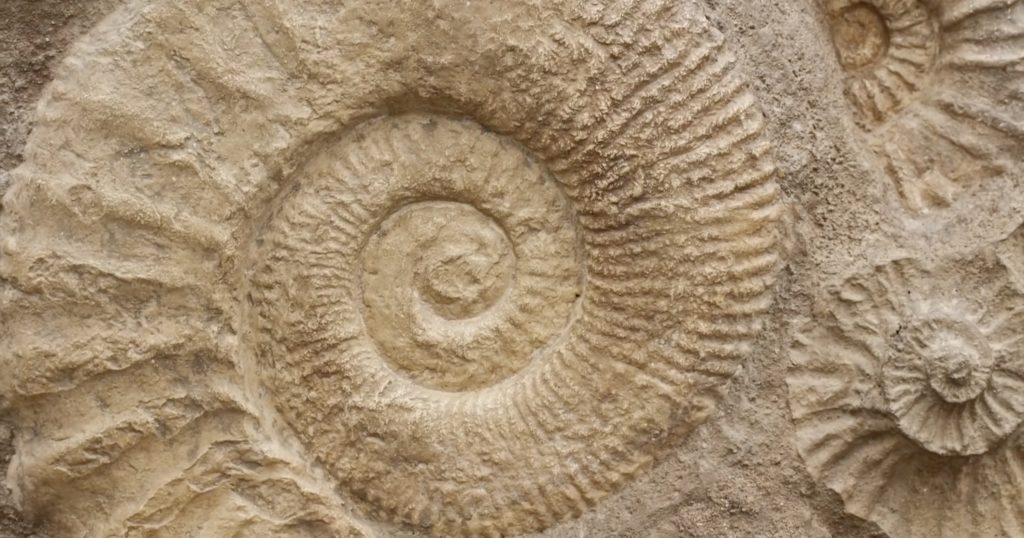 Evolution
Evolution
 Intelligent Design
Intelligent Design
Here’s a New Evolutionary Theory Based on Information

One reason that the theory of evolution is controversial is the claim that sheer randomness produces information. That is, randomly generated events are somehow selected for survival and continuing complex development (Darwinian evolution). The theory is understandably popular because, if correct, it would answer a great many questions. The problem is, we do not see randomly generated events producing complex mechanisms in the life around us. We are asked, however, to believe that this modern synthesis (MS) is true over the grand sweep of evolutionary time.
The Third Way
Over the years, it has become evident that evolution happens in a number of ways, including horizontal gene transfer between unrelated species, epigenetic inheritance of genes that changed during our parents’ lifetimes, and convergent evolution — where vastly different life forms end up with very similar mechanisms as a result of pursuing a common goal. Efforts to incorporate these processes into evolutionary theory are sometimes called the the Third Way or extended evolutionary synthesis (EES).
A new model of evolution relies on information theory, which is itself interesting because information is governed by different rules from matter and energy. For example, it is created by ruling out possibilities, it is relational, not causal, and it is not reduced by being shared. It is also immaterial. For example, Einstein’s bomb equation, e = mc2, had a huge impact on the world but by itself, it is an immaterial idea.
Information can be stripped of all matter and appear in a variety of media: We could phone and tell you the winning lottery number or send you an email or a letter about it or discuss it on radio or TV. Vastly different material media; same information.
Different Questions, Different Answers
Reinterpreting evolution as a transfer of information will lead to both different questions and different answers.
The authors of a recent open access paper in the journal BioSystems, marine researcher Rasmus Skern-Mauritzen and forester Thomas Nygaard Mikkelsen, make clear that they understand information to be immaterial. Here is the Summary of their Information Continuum Model of evolution:
Summary
1. Information is immaterial by nature but must have a physical form to exist.
2. Inherited information may be found in many forms.
3. The forms have divergent properties and information may over time change its physical form.
4. We suggest the term ‘hereditome’ to refer to the sum of inherited information and its forms.
5. The substrate of natural selection is immaterial information.
6. The Information Continuum Model is a simple heuristic model that allows evolution and natural selection to be investigated without conceptual restrictions imposed by the properties of individual hereditome components.
7. The conceptual nature of Information Continuum Model enables it to serve as an interdisciplinary platform for collaboration between natural and social sciences.
Read the rest at Mind Matters News, published by Discovery Institute’s Bradley Center for Natural and Artificial Intelligence.
